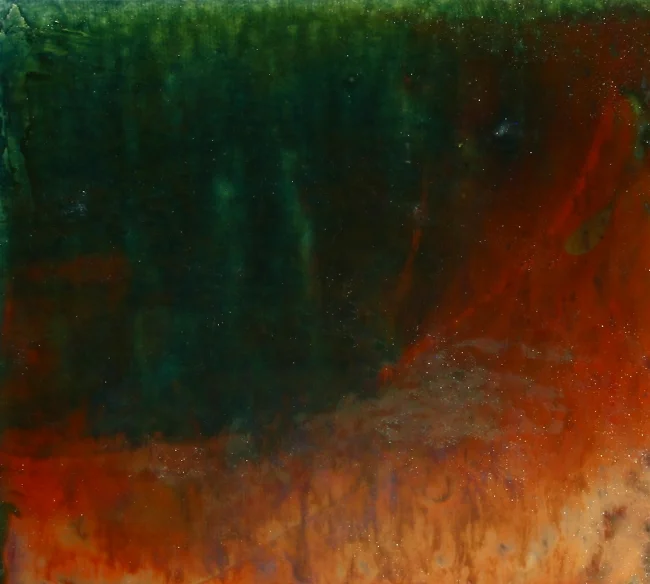pottery glaze
%75 Gerstley Borate
Raku Pottery Glaze: Copper Matt
The flashing will vary with each firing. Both of these were fired to 1875F and given medium post-firing reduction using newspaper after pulling from the kiln.
Copper Matt
Add
%75 Gerstley Borate
%12.5 Nepheline Syenite
%12.5 EPK
Add:
%8 Copper Carbonate
%2 Cobalt Carbonate
Add:
%16 Synthetic Bone Ash
Raku Pottery Glaze: Emerald Green Copper Flash
The raku glaze of the month is a greenish blue with copper flashes that will vary from firing to firing.
Emerald Green Copper Flash Glaze
Frit 3110: 30%
Frit 3124: 20%
Gerstley Borate: 30%
Nepheline Syenite: 20%
Copper Carbonate: 5%
Raku Pottery Glaze: Forbes Midnight Blue
Midnight Blue is a rich cobalt blue with red streaks in post firing reduction. Stay tuned for this month's pot which features previous glazes of the month: Blue Moon, Lime Green and Sassy Fat White/Silver Slither, in addition to this month's Midnight Blue.
Forbes Midnight Blue Glaze
Frit 3110 68%
Custer Feldspar 18%
EPK (Kaolin) 9%
Lithium Carbonate 5%
Copper Carbonate 4%
Cobalt Carbonate 2%
Hectorite 2% (or Bentonite 1%)
Raku Pottery Glaze: Forbes Lime Green
RAKU POTTERY GLAZE RECIPE
Frit 3110 54%
Nepheline Syenite 21%
EPK (Kaolin) 10%
Silica 10%
Lithium Carbonate 5%
Add:
Chrome .4% (that's point 4)
Tin 3%
Hectorite 2% (or 1 Bentonite dry mixed)
A note about Hectorite: It's a suspender in powder form similar to Bentonite except it doesn't have to be dry mixed with the other chemicals. It's not a common raku pottery glaze chemical and you may have to search for it on the web. I purchased mine at Highwater Clays, but they don't carry it anymore due to lack of demand (nobody knew what it was used for).
Raku Pottery Glaze: Blue Moon
RAKU POTTERY GLAZE RECIPE
Silica 30%
Frit 3134 20%
Nepheline Syenite 15%
Lithium Carbonate. 15%
EPK Kaolin 10%
Strontium Carbonate 10%
Tin Oxide 7%
Copper Carbonate 4%
Bentonite 1%
This is a stable blue and red glaze. 1/2% Epsom Salts can be substituted for Bentonite. This glaze produces some incredible raku pottery and is one that I developed several years ago. This picture is the results of the raku glaze fired to 1900F. It remains a staple in my studio. See more of my work by visiting my raku pottery store. To learn more about my process, visit my raku firing page.



